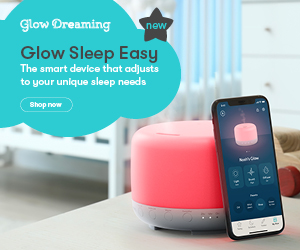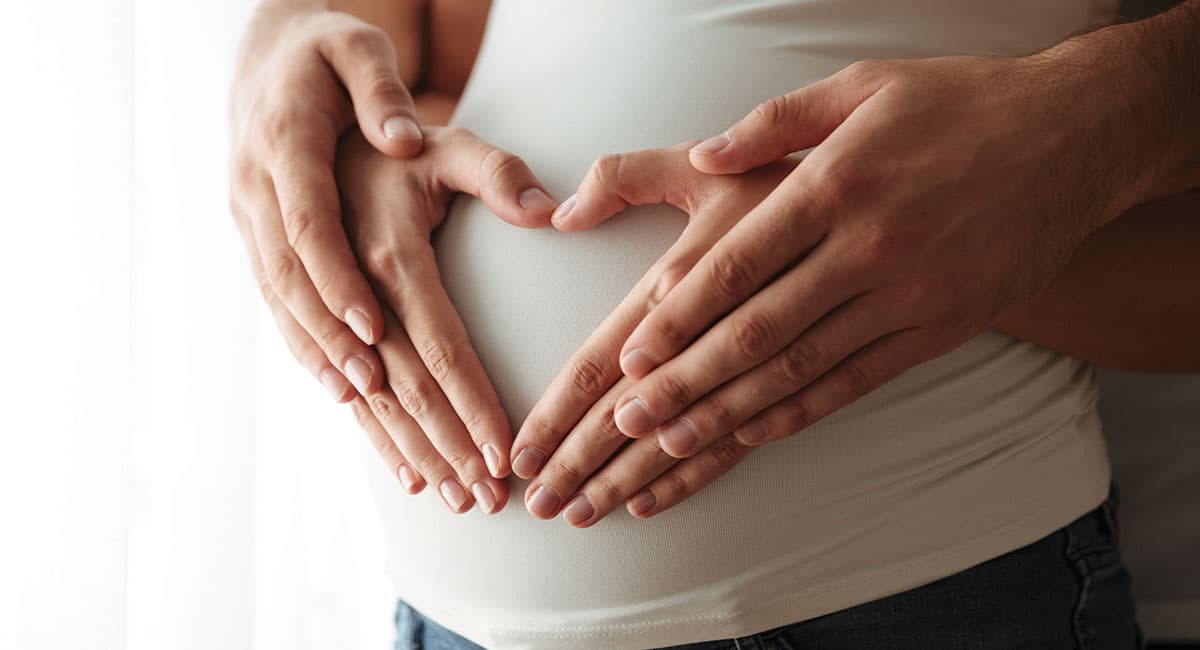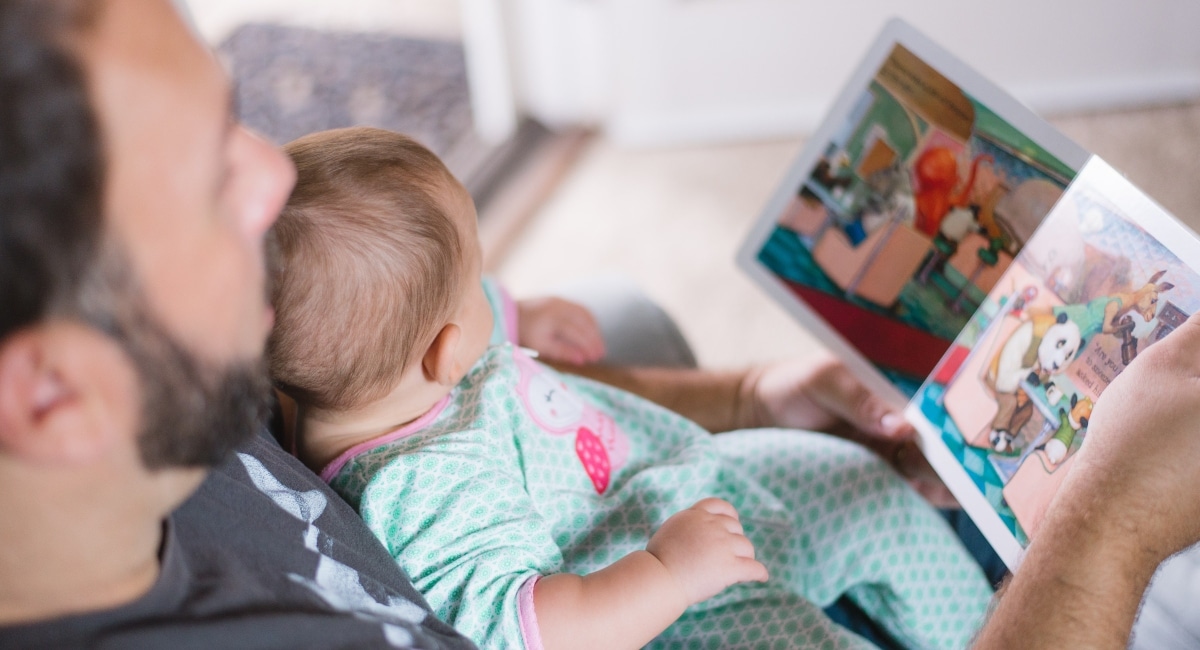Pregnancy is a transformative and remarkable journey. However, it is surrounded by numerous pregnancy myths that can cause unnecessary worry and confusion. Obstetrician and gynaecologist Dr Kylie Isaacs is here to kick those misconceptions to the kerb.
Debunk common pregnancy myths
Myth 1: ‘You must eat for two during pregnancy’
One of the most prevalent pregnancy myths is that pregnant women must eat twice as much as usual. The truth is that calorie requirements during pregnancy only increase modestly. Most pregnant women require an additional 300-500 calories daily, depending on their pre-pregnancy weight and activity level. Focusing on a balanced diet rich in fruits, vegetables, lean proteins, and whole grains is more important than consuming excess calories.
Myth 2: ‘You cannot exercise during pregnancy’
Another of the pregnancy myths that isn’t true! Exercise during pregnancy offers numerous benefits, including improved mood, reduced pregnancy discomfort, and better overall health. Unless expressly advised by a healthcare professional due to medical concerns, most pregnant women can engage in moderate exercise. Activities such as walking, swimming, prenatal yoga, and low-impact aerobics are generally safe. It is crucial to consult with your healthcare provider to determine the most appropriate exercise routine for your circumstances.
Myth 3: ‘Morning sickness only happens in the morning’
Contrary to its name, morning sickness can occur at any time. Nausea and vomiting during pregnancy are not limited to mornings and can persist throughout the day. The exact cause of morning sickness is not fully understood, but hormonal changes and an increased sense of smell are believed to play a role. Fortunately, most cases of morning sickness resolve by the end of the first trimester. In severe cases, medication and lifestyle modifications can help manage the symptoms.
Myth 4: ‘Heartburn during pregnancy means your baby will have a lot of hair’
While it may seem intriguing, the amount of heartburn experienced during pregnancy has no scientific correlation with the amount of hair on the baby’s head. Heartburn is caused by hormonal changes and the growing uterus pressing on the stomach. Genetics and ethnicity determine the hair growth of the baby, not the presence or absence of heartburn.
Myth 5: ‘You should avoid all seafood during pregnancy’
Fish and seafood are excellent sources of omega-3 fatty acids, which are crucial for the baby’s brain and eye development. However, certain types of fish may contain high mercury levels, which can harm the developing foetus. Limiting the consumption of high-mercury fish such as shark, swordfish, king mackerel, and tilefish is advisable. Instead, opt for low-mercury fish like salmon, shrimp, trout, and catfish, which provide the benefits of seafood without the associated risks.
Myth 6: ‘You should avoid all caffeine during pregnancy’
While limiting caffeine intake during pregnancy is important, complete avoidance is unnecessary. Moderate caffeine consumption, equivalent to about 200 milligrams per day (approximately one cup of coffee), is generally considered safe. However, it is crucial to note that caffeine is found in various sources, including coffee, tea, chocolate, and some soft drinks. It is advisable to monitor overall caffeine intake and opt for decaffeinated or low-caffeine alternatives whenever possible.
When in doubt, consult a trusted healthcare professional who can provide evidence-based guidance tailored to your needs.
Dr Kylie Isaacs is an obstetrician and gynaecologist practising in Buderim on the Sunshine Coast, offering gynaecology surgical services and birthing at Buderim Private Hospital.
Keep Reading…
Bubble-icious: How to safely and positively introduce babies to water
Our FAVOURITE pregnancy and baby gear for 2022
This article is of a general nature and FYI only, because it doesn’t take into account your personal health requirements or existing medical conditions. That means it’s not personalised health advice and shouldn’t be relied upon as if it is. Before making a health-related decision, you should work out if the info is appropriate for your situation and get professional medical advice.






